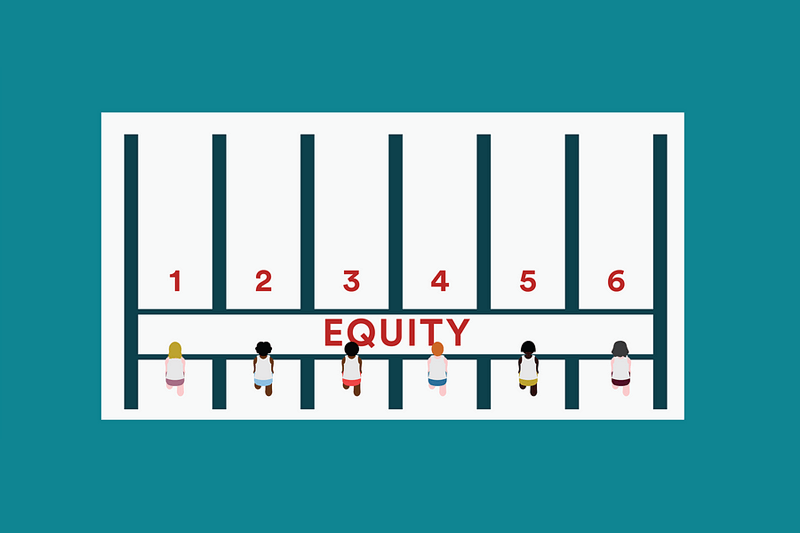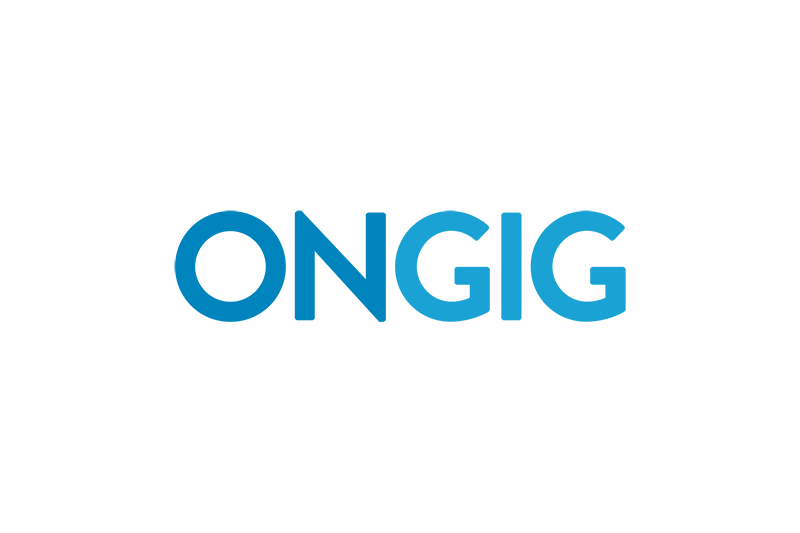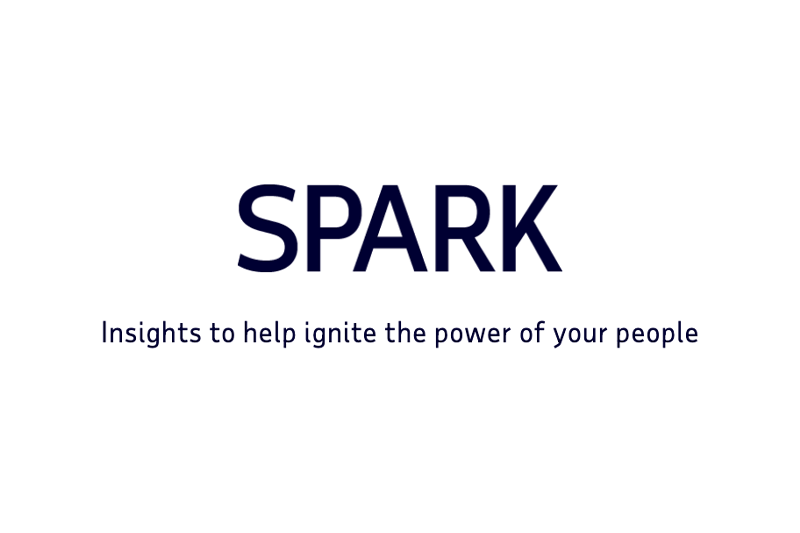IDEA Resource Hub
NIVA’s IDEA Committee has compiled this directory to support member organizations in advancing Inclusion, Diversity, Equity, and Accessibility (IDEA) across the live entertainment industry. This resource is intended to serve as a practical and evolving reference for venues, promoters, festivals, and industry professionals seeking to foster more equitable and inclusive practices. Whether you're in the early stages or looking to strengthen existing initiatives, the materials provided here offer guidance, tools, and strategies to inform and inspire meaningful progress.
We invite you to explore the directory, engage with the content, and integrate these resources into your organizational practices as we work together to create a more inclusive and accessible industry for all.
12 Questions Board Members Should Ask To Foster Diversity
Nonprofit boards have traditionally had a difficult time achieving inclusivity. Even when boards appoint a member, of a previously not represented group, it is a challenge to welcome and integrate him or her into the workings of the group. Here are 12 other questions you can ask to create better inclusivity.
What's the Difference Between Diversity, Inclusion, and Equity?
The often-used terms diversity, equity, and inclusion have distinct meanings. People get tripped up not only on definitions, but also on using these terms to create goals and action plans for themselves and their organizational culture. There is no better time to dig deep and establish shared, fundamental understandings to build truly supportive and effective workplaces.
How to Identify Unconscious Gender Bias in Job Ads
Using previous academic research from The University of Waterloo and Duke University which outlined a series of male and female gender-coded words, we analysed 76,929 job adverts over a six week period to assess the frequency of gender-coded words in UK recruitment.
13 Common Hiring Biases
Unfortunately, there is nowhere more apparent where our unconscious bias plays out than during the recruitment process; when recruiters are told time and again to ‘trust your gut’ – to rely on and make decisions based on our intuition. But as you’ll discover later on, intuition is based on, yup, you guessed it, unconscious bias.
Women in the US Music Industry: Obstacles and Opportunities
This report presents the results from a survey designed to examine the socioeconomic landscape of women working in the music industry across the United States. The survey was designed to build upon existing research on inclusion in the music industry and asked questions about demographics, employment, career challenges, and job satisfaction among women.
The Music Industry is Wrestling With Race: Here's What it Has Promised
This article examines how, after the 2020 racial justice protests, major music companies pledged to address systemic racism and support Black artists and employees. It highlights the promises made — such as financial donations, diversity initiatives, and internal reforms — and evaluates the slow, uneven progress since then, with some efforts falling short of real structural change.
25 Examples of Awesome Diversity Statements
How good is your diversity statement? The best diversity statements include: the company’s mission, a commitment to diversity, mention of specific underrepresented groups, positive and inclusive language, and unique information or benefits for diverse groups. These 25+ examples are either excellent overall or at least have an idea or two for you to consider.
Why Is It So Hard to Speak Up at Work?
Psychological safety is the belief that you can take risks and put forward ideas without facing ridicule or retaliation. More often than not, it’s women — especially women of color — who don’t feel comfortable doing so.
Do Your Nonprofit's Financial Operations Reflect Your Commitment to DEI?
Most of the tools and articles on organizational implementation of DEI principles cover topics about boards, bylaws, and hiring practices. But what about DEI and finance? What are the links between them? Inequitable and unjust practices easily and unconsciously embed into systems and structures around payroll and finance. Let’s talk about 4 areas where you can examine your financial operations relative to DEI.
When You Don't Disclose Salary Range on a Job Posting, a Unicorn Loses its Wings
Despite our reliance on people, we have a bunch of no good, very bad habits in hiring. This includes a terrible habit that many of us have, one that perpetuates gender and other inequities, and increases the power imbalance between employers and employees: Not listing salary ranges on job postings, and putting “DOE,” which stands for “Depending On Experience” instead.
How to Leverage Inclusive Hiring Practices for Your Business
Committing to hiring practices that embrace diversity and inclusiveness requires an investment of time and resources. But, as the following five suggestions illustrate, there are many small but effective methods HR professionals can implement to change hiring practices at their organizations for the better.
Nonprofit AF
NAF is a blog that discusses all things nonprofit with a slant toward equity, including the challenges faced by leaders and organizations of color. Topics include bringing more inclusive hiring and fundraising practices into the nonprofit sector.
Competitive Advantage of Racial Equity
A report highlighting examples by 12 companies such as Gap Inc., PayPal, and Cigna, who are driving innovation and growth by advancing racial equity. The report was developed by FSG in partnership with PolicyLink, and funded by the Ford and W.K. Kellogg foundations.
Inclusion in the Recording Studio?
The Annenberg Inclusion Initiative’s annual report examines the gender and race/ethnicity of artists, songwriters, and producers across the year’s top songs, according to the Billboard Hot 100 Year-End Charts. The study also looks at Grammy nominations in key categories. The latest report covers 2012 to 2024, including the Grammy nominees for the 2025 award show.
Our Hiring Practices Are Inequitable and Need to Change
Since we are adding so many jobs, we need to now focus more attention on our hiring practices, which, unfortunately, are often medieval, short-term-focused, and inequitable. We have been relying heavily on the for-profit world’s hiring model, which has not been aligned with our sector-wide values of equity and community. It leaves out too many good people, and it is time that we as a field examine and change how we hire people.















